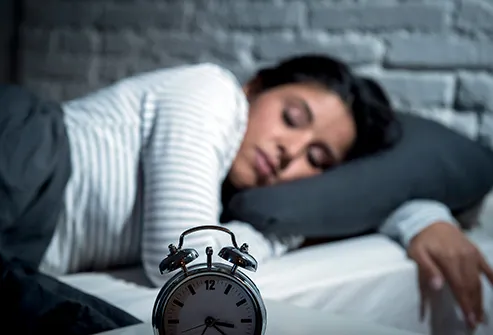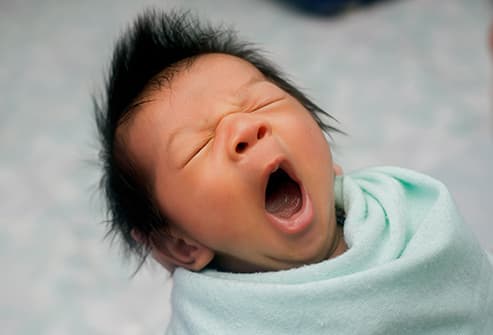Have Bipolar? Watch Out for These Mood Triggers

Sleep can be part of a bad cycle for people with bipolar disorder. It’s common to have insomnia during a manic or depressive phase. But a lack of sleep can also bring on mania. Too much sleep is linked with depression. A regular sleep routine -- going to bed and waking up at the same time every day -- is a good way to keep things stable. Talk to your doctor to see if sleep medications might help you, too.

Loud noise, lights, crowds, traffic, lots of deadlines, or too much caffeine or nicotine can set you up for a bipolar episode. Younger people with the disorder say all-night partying is a trigger, maybe because it involves skipping sleep along with loud music, lights, and crowds.

The strain of relationships, finances, work (or no work), or loss of a loved one can make mood symptoms worse. Stress can even trigger the first bipolar episode for some people. The trick is to manage it. Try regular exercise, avoid caffeine and alcohol, and watch your diet. Meditation also can ease depression and anxiety.

Life’s victories are sweet, but success and excitement can be a form of stress and overstimulation. Milestones like winning a prize, finishing an exam, or a promotion can push you beyond happy or proud into mania. Some people with bipolar disorder also set extreme goals for themselves when they’re in the middle of a manic phase. Work with a therapist on how you can set reasonable goals and manage your emotions when you reach them.

Any major change to your routine (a vacation, going to a conference, a new fitness program) can set you up for mood changes. It can also make it harder to stick to your medication schedule. No matter what’s going on in your life, plan set times for meals, work, and socializing. If you do want to get away, make it a point to stick to those parts of your routine.

Good relationships help your moods stay stable. The stress of conflicts, though, can trigger a change. The cycle also works in reverse -- manic or depressive phases can be a source of conflict for family members and friends. Think about sitting down with a counselor or therapist, as a family, a couple, or on your own. A professional can help you find better ways to communicate and handle emotions.

It’s dangerous to stop taking your bipolar medicine all of a sudden. It can trigger a relapse and even make your symptoms worse. A combination of talk therapy and different drugs (antidepressants, antipsychotic drugs, and mood stabilizers) can control extreme high and low moods in most people with bipolar disorder. Don’t quit them without talking to your doctor.

Up to 60% of people with bipolar disorder also abuse alcohol or other substances. Alcohol may make depression worse, while recreational drugs can trigger mania. Another reason to avoid these substances: They often keep bipolar medications from working well.

Having a child is life-changing for anyone. It can also be a major mood-altering event if you have bipolar disorder. To ensure the best health for yourself and your baby, start talking to your doctor before you conceive. Ask about the risks -- to yourself and your baby -- of any medicines you take, but don’t stop using them without your doctor’s guidance. The right amount of sleep and stress relief can also help keep you steady.

A trip from Nebraska to Utah probably isn’t enough of a time change to trigger a mood swing, but a flight across the Pacific might be. A few studies have found that travel across time zones can be a trigger for some, but not all, people with bipolar disorder. Continue taking your medications when you travel, and ask your doctor how to adjust doses to account for time differences.

Like migraines, asthma, and other conditions, bipolar moods sometimes come and go with the weather. One study found that atmospheric pressure, humidity, and the high and low temperatures on any given day could trigger mood swings. For the most part, the changes weren’t dramatic, with one exception: High temperatures could move you into mania. Keep the forecast in mind when you plan activities, especially time outside.